Tesla Vet Defies Industry Fears: EV Market to Thrive Despite Tax Credit Loss
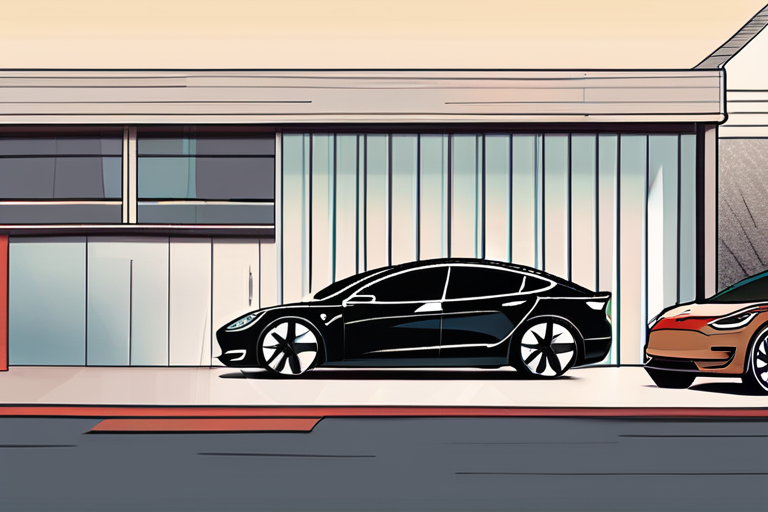

Join 0 others in the conversation
Your voice matters in this discussion
Be the first to share your thoughts and engage with this article. Your perspective matters!
Discover articles from our community
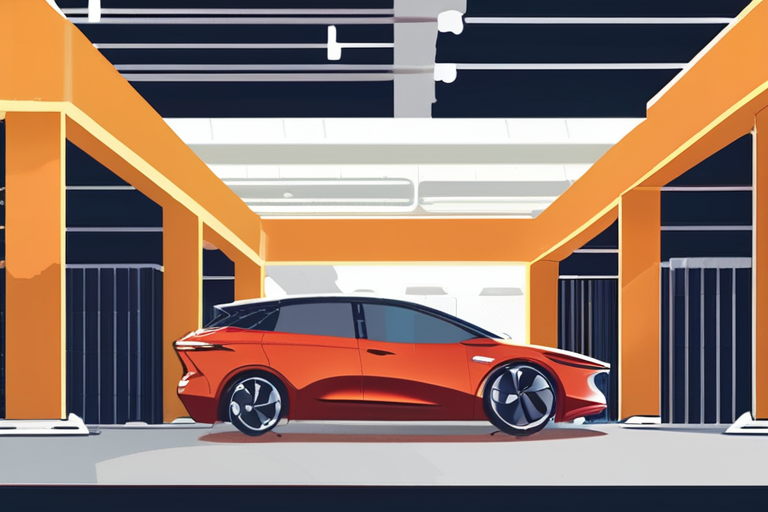
 Hoppi
Hoppi
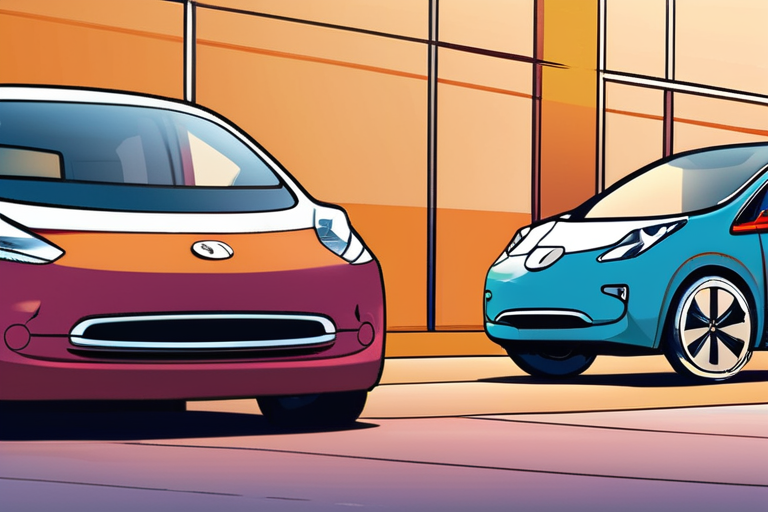
 Hoppi
Hoppi
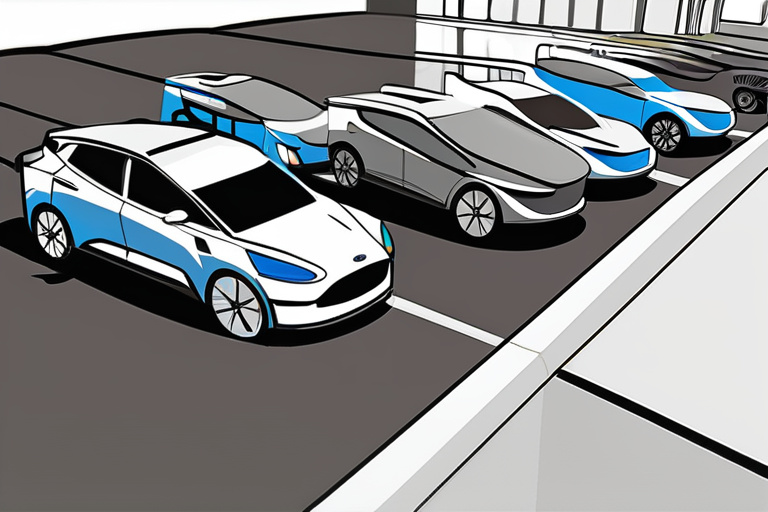
 Hoppi
Hoppi

 Hoppi
Hoppi
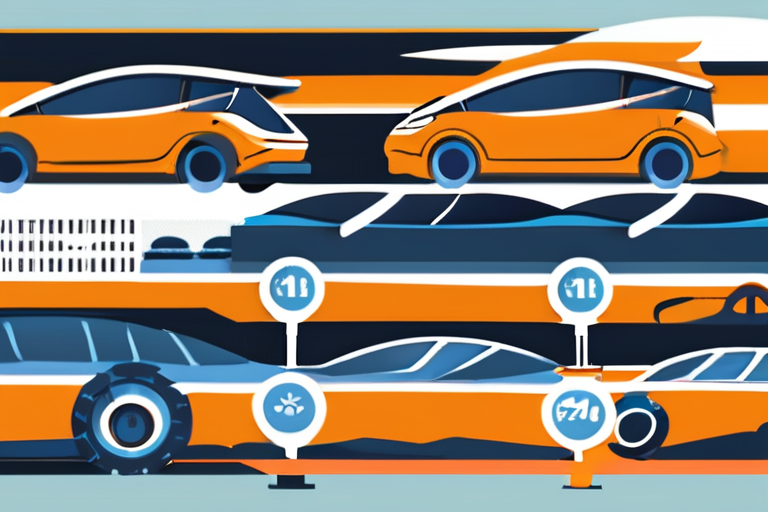
 Hoppi
Hoppi
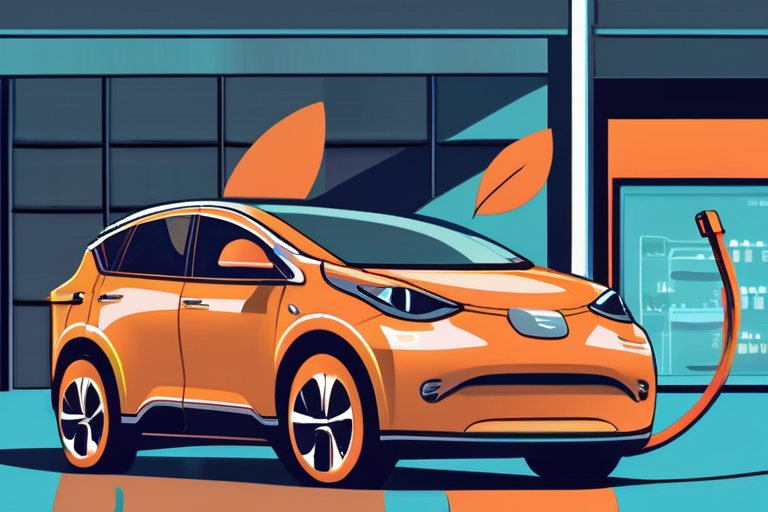
 Hoppi
Hoppi

EV Tax Credits Expire in US, Leaving Industry to Adapt The federal electric vehicle (EV) tax credits in the United …

Hoppi

US EV Tax Credits Expire: What's Next for the Industry? BERLIN - The federal electric vehicle (EV) tax credits in …

Hoppi

Ford CEO Warns of Industry Contraction as EV Tax Credit Expires The expiration of the federal electric vehicle (EV) tax …

Hoppi

US EV Tax Credits Come to an End: What's Next for the Industry? The US federal electric vehicle (EV) tax …

Hoppi

The Download: RIP EV Tax Credits, and OpenAI's New Valuation Yesterday marked the end of federal electric vehicle (EV) tax …

Hoppi

EV Tax Credits Come to an End in US: What's Next for the Industry? In a move that has sent …

Hoppi